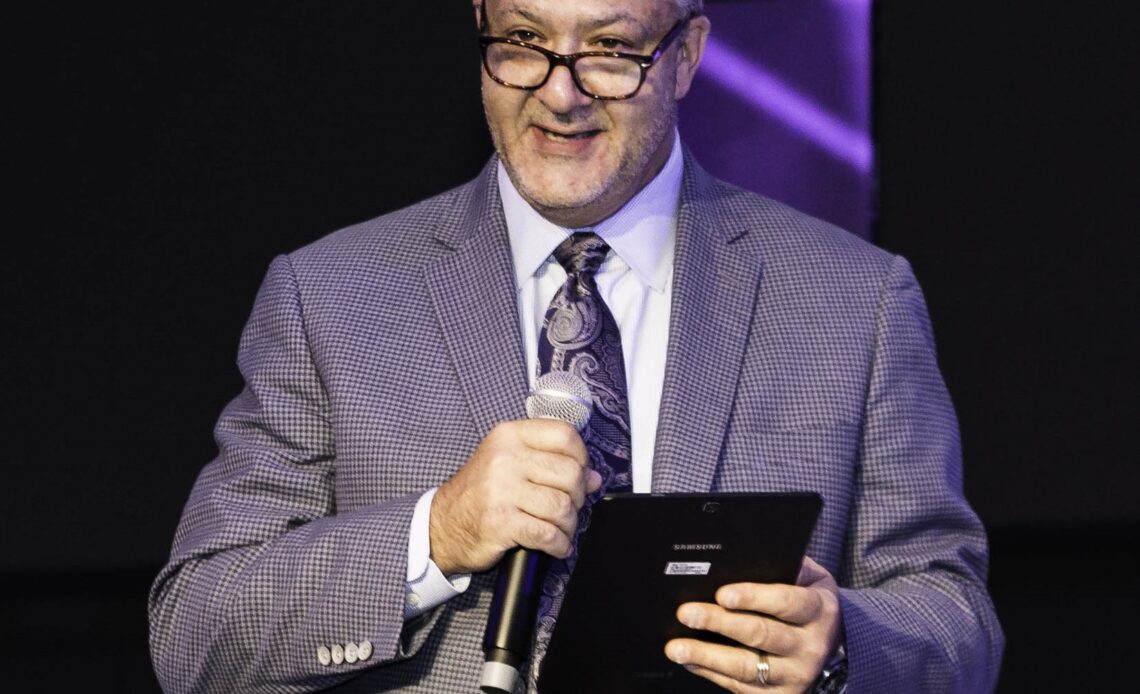A talk given by Marshall Glickman, the acting CEO of Euroleague, in Athens last April points to the real decisions facing not only the competition but sports as a whole. Emmet Ryan examines the most interesting comments from Glickman and what they might mean for Euroleague going forward
The end of the Jordi Bertomeu era came and went with a slight tweak in how matters are going to be for at least the immediate future of Euroleague basketball. Dejan Bodiroga is the new chairman of Euroleague while the CEO duties are, for now, in the hands of Marshall Glickman.
The American’s experience is substantial. A former president of the Portland Trail Blazers, he also has experience with capital projects overseeing the creation of the Moda Center, the 20,000 seat home of the Blazers, and the enormous overhaul of Providence Park, which is home to the Portland Timbers of MLS.
Euroleague has been a client of his for 20 years through his G2 Strategic business and he also has La Liga as a client through that business, while also working on the new Palau Blaugrana project.
Last April he spoke at Front Runners in Sports Management conference in Athens and the video of his address was uploaded to YouTube. At the time of writing it has just 127 views but anyone with an interest in the growth of basketball on this continent would do far worse than devote 49 minutes of their lives to watching it.
Glickman began by addressing the core issue of the difference in sports management in his native United States and in Europe.
“The main difference is that, in the United States, professional and even amateur sports have evolved into a bottom line business. It means the primary objective of most leagues, clubs, and properties, is driving profits and ever-increasing growth,” he said.
“In Europe, sports is more of a cultural imperative. There’s a lot more involvement by government. There are many big institutions and stakeholders with conflicting interests. The governance of sports in most European theatres is quite cumbersome and very different because profit is not the number one motivator.”
This has long been a challenging issue for sports across the continent. Basketball, like many sports, has benefited greatly from patronage of a larger sporting club that it is part of (including half of this year’s Euroleague line-up) or wealthy benefactors who demanded heavy levels of control and could disappear on a whim.
Sustainable business practices haven’t…
Click Here to Read the Full Original Article at BallinEurope…

